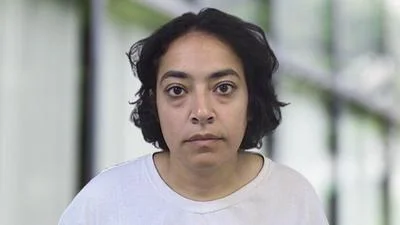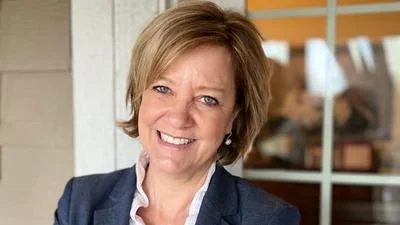A dessert course is served at Alinea, a restaurant in Chicago.
A dessert course is served at Alinea, a restaurant in Chicago.
Nick Kokonas, co-owner of Alinea, Next, and The Aviary, Inc., among others, called on Chicago Mayor Lori Lightfoot to reduce the increase of the city’s restaurant tax, which went into effect with the new budget year.
Kokonas tweeted on March 8 that the hospitality industry is “about to get crushed” as it starts to see the effects of the travel restrictions and quarantines caused by the COVID-19 strain of the coronavirus.
In its 2020 budget, Chicago increased the restaurant tax from 0.25 percent of retail price to 0.50 percent of retail prices for all food and beverages sold at retail establishments.
“Hotels and restaurants will be the second wave of (businesses) needing help, especially mom-and-pops with low margins,” wrote Kokonas in the original tweet.
Following up with a response to his original tweet, Kokonas implored Lightfoot to reduce the sales tax and go further.
“Ultimately, when demand dries up, a vicious cycle will ensue,” Kokonas wrote. “Higher sales tax right now will exacerbate the problems.”
Further in the thread, in response to a question about the easiest way to help the restaurant industry, Kokonas suggested, in addition to reducing the sales tax to incentivize diners, that governments institute “payroll tax credits for employers to keep on hourly workers.”
“Beyond that, there is little government can do to reduce costs to small operators,” Kokonas wrote.
The sales tax isn’t the only tax that Chicago restaurants have to contend with.
The Civics Federation detailed a list of increases and tax changes in Chicago on Jan. 10, including an explanation of the taxes that the different industries contend with. For the restaurant industry, those include the general sales tax of 10.25% and a 1% restaurant tax imposed by the Metropolitan Pier and Exposition Authority (MPEA) in the downtown and surrounding areas.





 Alerts Sign-up
Alerts Sign-up